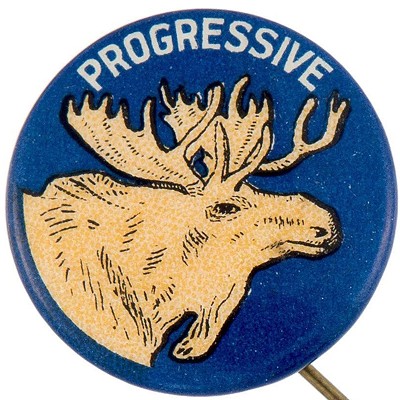
Spokane's "strong mayor" form of government is not working. We watched half of City Hall's housing and human service professionals leave under alarming circumstances. Local media is again reporting the same stalemate between the mayor and City Council as the number of houseless community members grows. The to-do list is growing and the trust in local government is shrinking.
Debate is good. Citizens should expect a thorough vetting of policies and expenditures from their local government. We shouldn't encourage groupthink, but we should expect action on the issues that plague our community. The political jockeying inherent in divided government is great theater but hell on the non-political professionals who work for the mayor and are tasked with implementing the policy and laws passed by the co-equal legislative branch. How do we recruit the talent to take our city to the next level and address our challenges when most of what an external job candidate reads about is the Washington, D.C., style dysfunction of City Hall?
We are dealing with year 20 of the strong-mayor government experiment. Over those 20 years we have watched the dueling political action committees go to war every two years for control of City Hall. Special interest groups dropped over a million dollars in the last mayoral election alone. We have seen decisions made as retribution against public sector unions. We have witnessed simple data withheld from decisionmakers, vetoes, veto overrides and staff ordered not to pick up the phone.
I know firsthand how this system impacts taxpayers. The City Council has been forced to increase its budget to meet the basic requirements expected by their constituents as mayors have directed city staff to not support the work of the legislative branch. How is a council supposed to craft laws if they worry the advice they receive from a department is tainted by a mayor that disagrees with the proposed policy? This is not a critique of the City Hall professionals doing their best every day. This is a critique of the failing local government system they work under. In the 1990s, before we experimented with the strong-mayor system, the city's combined city manager and City Council budget amounted to about $500,000. Today, the mayor and City Council's budgets together cost taxpayers more than $3 million. This resource arms race between the administration and legislative branch is not fiscally responsible or sustainable.
It is time to close the chapter on the strong-mayor experiment. We must admit the original hypothesis of a political savior coming in to fix the city's issues was misguided. We know the issues we must tackle and the opportunities we must capture are only possible when we do it together. We can bring the power of local government back to the people by returning to the council-manager form of government that served our city successfully for 40 years before this experiment.
The council-manager form emphasizes professionals implementing the vision of the community based on the guidance and direction of elected representatives from the entire city. This means your elected officials are still held accountable, but a professional manager is responsible for the day-to-day operations of city government. The council has the responsibility of appointing and firing the city manager. As a refresher, the mayor is the elected leader of the council yet holds no super powers under the council-manager form of government. Under that style, a mayor gets to vote on policy just like every other council member and listen to the testimony and feedback of citizens.
We must admit the original hypothesis of a political savior coming in to fix the city's issues was misguided.
tweet this
The council-manager style is the most used form of local government across the United States. It is the government of choice of conservative small towns and large liberal super cities alike. From our neighbors in Spokane Valley to Tacoma and Vancouver, Las Vegas, San Antonio and Phoenix — communities of all shapes and sizes have chosen the professional over the political for the basics of local government.
Expertise is valued more than political patronage in a council-manager government. The use of data and research in decision-making triumphs over the whisper of a political donor in the council-manager government. Simple things like hiring a planning director (vacant at City Hall for the last three years) get done. The arbitrary and physical walls between the administration and legislative branch are torn down. Economic development opportunities improve, and employee retention increases. The duplicative services utilized by the mayor and council merge, and waste is eliminated. Most importantly, City Hall professionals have the freedom to innovate in their work without the fear of being roped into political drama. The council-manager government is not a fix for electing poorly prepared political leaders. However, it gives us the best chance to have solution-focused elected leaders and professionals in place to implement the policies and laws enacted by city leaders.
As we enter the colder months in the midst of a housing and homelessness crisis, the cubicles of the professionals needed to address these life and death challenges sit empty. We need those experts on our team right now. We need our politicians to make decisions and the public service professionals to follow through on those decisions. It is cliché, but it is also true: Our local government is broken. We can take a step toward fixing it by correcting a mistake we made 20 years ago. Bring back council-manager. ♦
Ben Stuckart, Spokane City Council president from 2012-19, ran for Spokane mayor in 2019, losing to current Mayor Nadine Woodward. He is currently the executive director of the Spokane Low Income Housing Consortium as well as doing some side consulting.



















